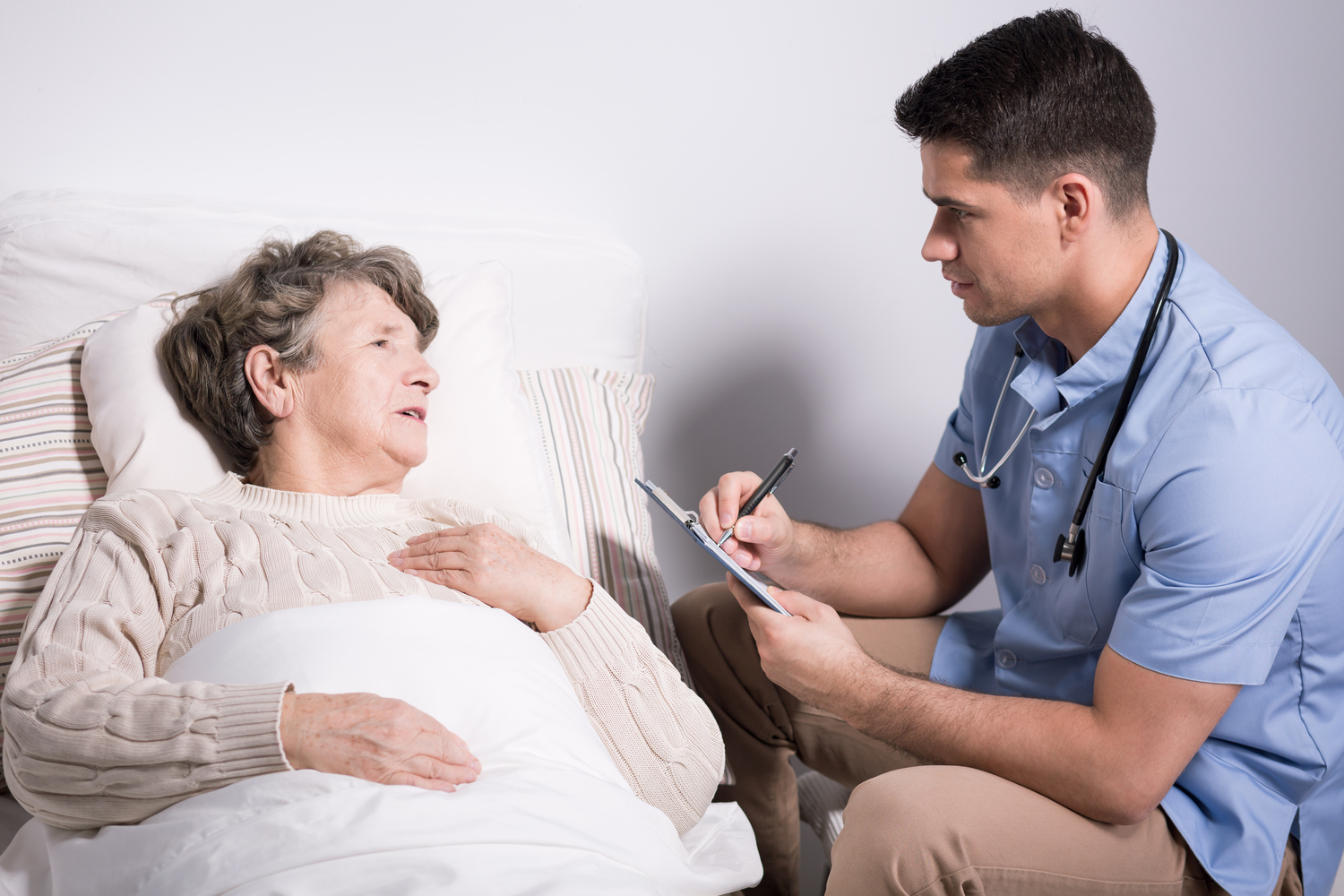
Early Warning Signs of Dementia
Dementia is a scary subject for most people as they age. No one wants to lose their cognitive faculties, which is why many people may ignore the telltale signs. That’s why the people around aging loved ones need to recognize the early signs of dementia. In many cases, early treatment can either halt or slow down the progress of dementia and allow the patient to continue to live independently.
There are numerous causes of dementia, including head trauma, Parkinson’s disease, Huntington’s disease, and Alzhiemer’s disease. The six most common early warning signs of dementia include:
1. Behavioral changes
Patients with dementia frequently become irritable, depressed, or anxious. They may have frequent mood swings and show personality changes. They may even display apathy or a loss of interest in hobbies or activities they once enjoyed.
2. Memory loss
This symptom is probably the most common early sign of dementia. Patients will have trouble remembering things they have recently learned such as new names, appointments, when to take medication, or even where they put their keys. While it’s typical to have more trouble with memory as we age, if age is the cause then the person usually can recall the facts at a later time.
3. Problem solving difficulties
Dementia patients frequently show difficulties solving problems that they easily handled before, such as balancing a checkbook, adding up numbers, getting dressed, showered, keeping track of medications, or paying bills.
4. Increased confusion about time and place
People with dementia will often forget where they are, what time it is, or struggle to make appointments. Many times they don’t know the date or mix up future and past events. As dementia progresses, patients may also forget familiar routes to places they have been to many times, such as a loved one’s house, or even how to get back to their own homes.
5. Challenges understanding visual information
A person suffering from dementia can have trouble with reading, depth perception, or identifying colors. Driving or cycling can become difficult. Spatial disorientation can specifically cause issues and even endanger their ability to perform daily activities that require navigation, such as driving independently.
6. Trouble with speech and communication
Dementia can cause patients to frequently forget what they are saying or have difficulty following a conversation. For instance, it’s common for dementia sufferers to show a decline in punctuation of written language and grammar. Increasingly messy handwriting is also another sign, as well as the tendency to lose their train of thought in the middle of a conversation.
As mentioned, dementia is an umbrella term for several cognitive diseases, such as:
- Alzheimer’s disease: The most common cause of dementia in North America is Alzheimer’s disease, which causes the build-up of amyloid plaque in the brain and is diagnosed by microscopic examination of brain tissue after death. However, physicians can make an almost certain diagnosis through reviewing symptoms and performing imaging scans of the brain.
- Dementia with lewy bodies: Or lewy body dementia will often cause more emotional problems, falls, sleeping issues, and visual hallucinations than Alzheimer’s disease.
- Vascular dementia: This type of dementia occurs when the blood supply to the brain is compromised. This deprives the brain of oxygen and nutrients resulting in loss of function. Vascular dementia is associated with strokes and heart disease.
- Frontotemporal lobar dementia (FTLD): Accumulation of particular proteins in the brain appears to be the cause of FTLD. This disease affects the function of either the frontal or temporal lobe of the brain and usually causes both memory loss and emotional/behavioral changes.
Many adjustments to a senior’s home care will be necessary as their dementia progresses. Patients will often no longer be able to live independently without the help of a spouse or relative inside the home. Professional in-home care may be necessary.


